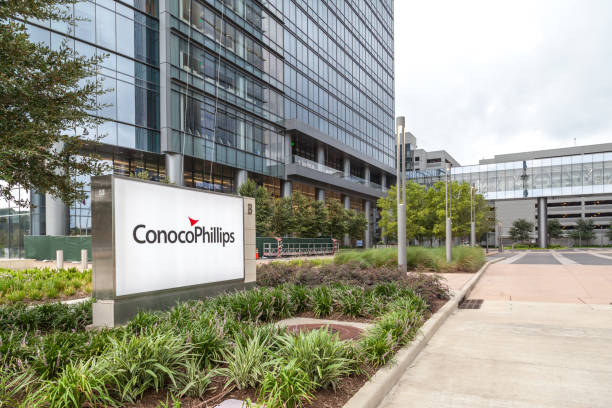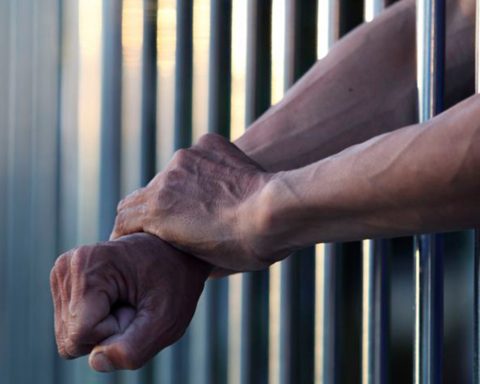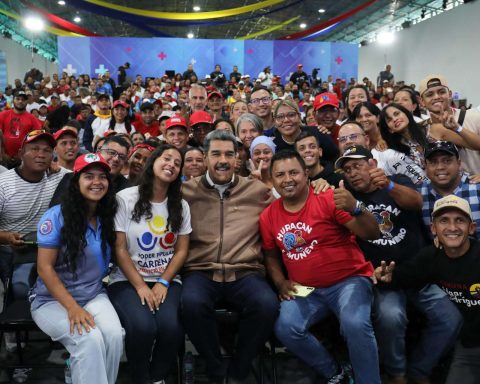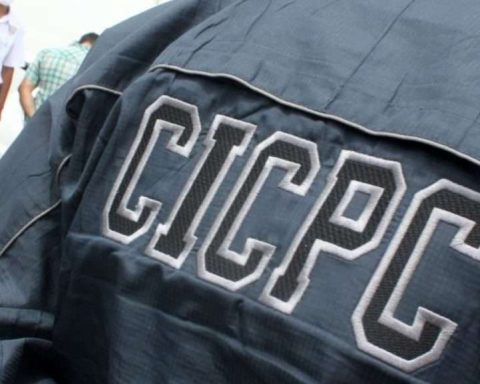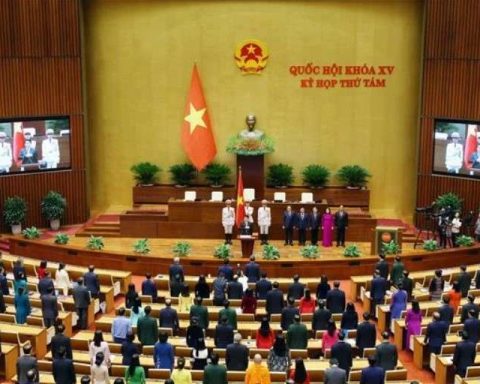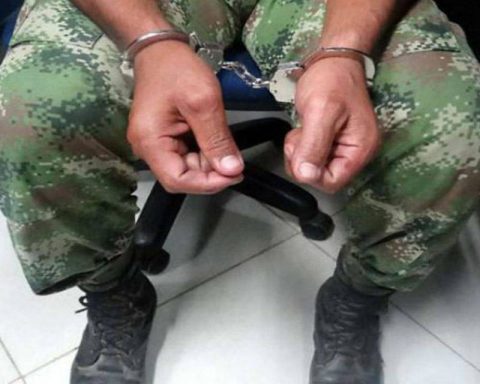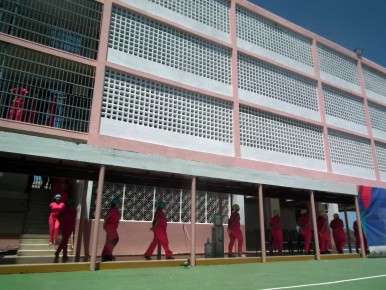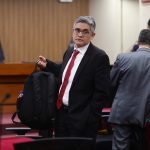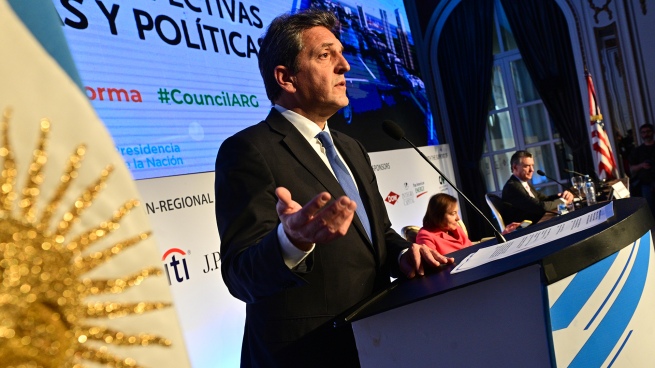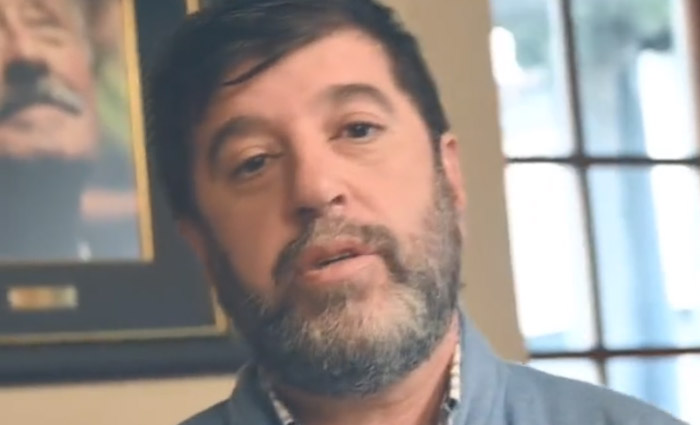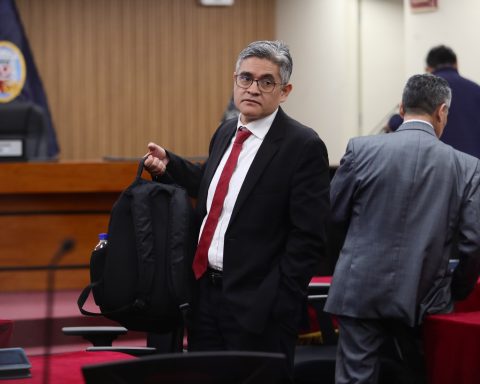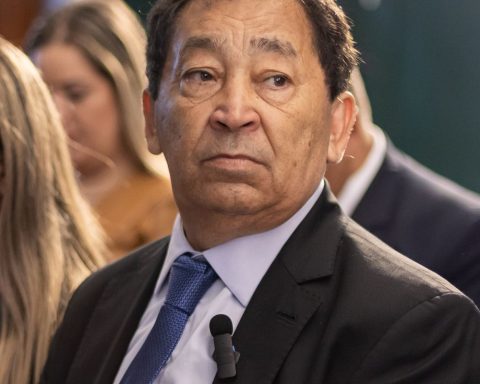In the midst of Hugo Chávez’s intoxication with the untimely and then sustained increase in oil prices during the first decade of his government, the commander imagined that he could treat foreign companies with the same arrogance that he treated abandoned national industries expropriated or confiscated when, attacked by the statization fever, it decided to put an end to private property and build oil socialism, identified with the cloying name of 21st century socialism. He was flat out wrong. In Venezuela, Hugo Chávez eliminated the Rule of Law and submitted the Judiciary, beginning with the Supreme Court, to his whims. But, the same did not happen in the rest of the democratic world.
In the United States, the courts are responsible for protecting property rights, the foundation of the market economy. By virtue of this principle, in recent days a Washington court ratified a 2019 ruling that obliges the Venezuelan State to pay ConocoPhillips 8.7 billion dollars. In 2007, Chávez appropriated Petrozuata, Hamaca and Corocoro, three key assets of the US oil company without agreeing with its directors on a compensation that would satisfy the company. Since that time, a dispute began between Conoco and the Venezuelan regime, which for now is paying off the penalty announced in Washington.
The nonsense against ConocoPhillips must be included in the long list of nonsense caused by the statizing fury of Hugo Chávez and the court of followers who applauded his outrages. According to data from the Cedice Property Observatory, at least 1,359 companies passed from the private sector to the hands of the State through confiscations or expropriation. The regime speaks of nationalization, as if those assets had become part of the national heritage. In reality, these assets are part of the loot of the government, which has done with them what it wanted, among other things, appointing as presidents, managers or administrators, a contingent of active and retired military without any knowledge in the management of those units, but that serve to bulk up the clientele of unconditional ones.
Inexperience and inefficiency, combined with a good dose of corruption, have led to the paralysis or bankruptcy of the vast majority of companies that fell into the clutches of the Chavista government, first, and then, Madurista. In a very short list we must include, first of all, PDVSA. It is true that the oil company has never been private and, therefore, in its case one cannot speak of nationalization. However, the apocalyptic destruction it has suffered makes it necessary to include it in the inventory of calamities caused by the statism of the regime. The companies of the Venezuelan Corporation of Guayana continue – some of which were renationalized, for example Sidor -, today in ruin. The same thing happened with Cantv and Movilnet. It is followed by the oil, plastic, cement, hotels, farms, herds and farms industries. The Sambil of La Candelaria became an immense testimony to the disaster that the Chavista government is capable of causing when it appropriates a private asset. Agroisleña can be placed on the same plane, converted into a waste by Agropatria. Not even the Caracas Metro was spared from the devastation, always managed by the State, but a continental and world example of efficient, meritocratic public management, committed to serving citizens.
The great majority of the productive units, businesses and companies of different types that before their nationalization produced profits for their owners and paid national, state and municipal taxes, began to generate considerable losses and to be subsidized by the national government, at the expense of severe spending cuts in education, health, public services, social security and investment in infrastructure. The shortages, shortages, hyperinflation and other calamities that we Venezuelans have experienced, attenuated only a little from 2021, are a consequence of that irresponsible and wasteful statist model with which Chávez and his followers, including Nicolás Maduro, tried to sell the Bolivarian socialist revolution.
In recent years, Maduro has picked up candles. He stopped the expropriations and confiscations. He returned the Sambil de la Candelaria to its rightful owners. Even the Anti-Blockade Law and the Special Zones Law open up possibilities for foreign and national private investment. It is reaching agreements with national businessmen, suggests the privatization of nationalized assets and insists that property rights will be respected. We will see.
For now, the Nation and all Venezuelans are weighed down by the outrage committed by Chávez against ConocoPhillips. Abuse that could cost the country to lose Citgo, because the US company will have to be compensated with some asset. We have spent more than two decades seeing how the graces of the regime become funny faces.
@trinomarquezc
The entrance ConocoPhillips: from grace to grumpy was first published in THE NATIONAL.
